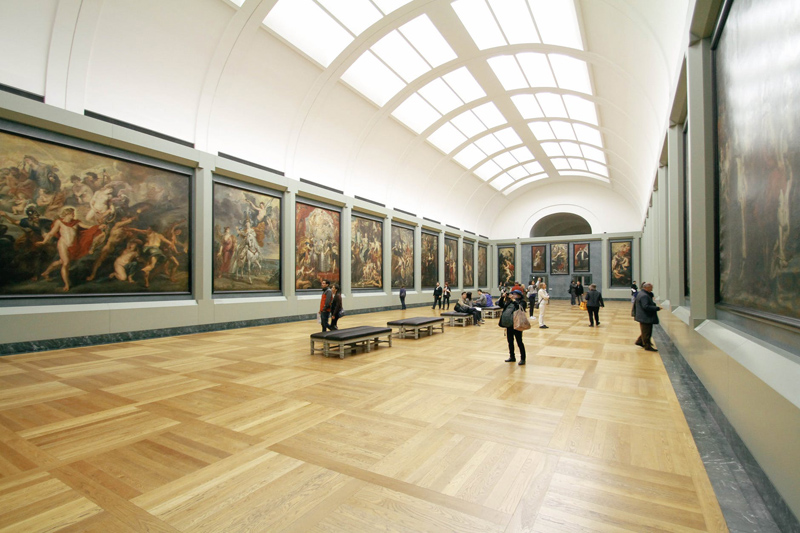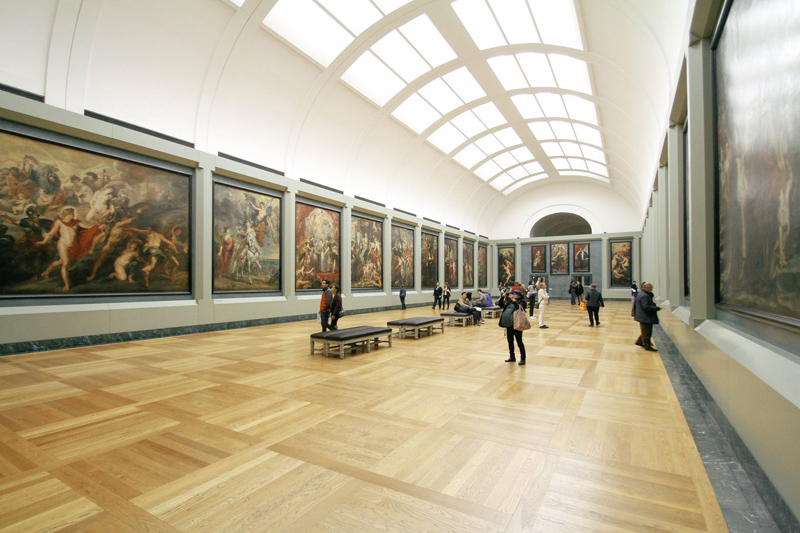Cultural Entrepreneurship Institute

I recently had the opportunity to attend the first-ever Cultural Entrepreneurship Institute for Museum Leaders, co-sponsored by the Cooperstown Graduate Program (my alma mater) and the Museum Association of New York with major support from the Institute of Museum and Library Services.
The focus of the Institute was to introduce museum professionals to new ways of thinking which have been common practice in the for-profit world for decades. The Institute’s goals are:
• To introduce participants to the characteristics and qualities of entrepreneurial leaders and managers, and gain an understanding of what they do and how they think
• To develop an appreciation for the creative process and learn about creative sourcing ideas as well as structured analysis and solution creation tools to help participants become better problem solvers and decision makers
• Explore how to apply entrepreneurial thinking tools for the benefit of the business and project planning process
Twenty people were chosen to participate in this year’s pilot program, which will become an annual offering in May.
Speakers included Phillip Morris, CEO of Proctors Theater in Schenectady, NY; Barnaby Evans, creator and founder of WaterFire in Providence, RI; Dorothy Chen-Courtin, President of Marketing and Managing Associates for Non-profits in MA; and Pam Green, Director of Weeksville Heritage Center in Brooklyn.
In addition to the amazing presenters, the greatest strength of the Institute was its size. The ability to work closely together in small groups over several days provided an environment for intense learning opportunities that is just not possible at other conferences. Organizers remain committed to the idea of a small group of participants for future Institutes.
In the application process, each participant was asked to identify a cultural entrepreneurship challenge to work on at the Institute. Over the course of the experience, each member of the group had an opportunity to brainstorm and problem-solve with other museum professionals. New perspectives led to some real insights that will transform attitudes, goals and thinking at the museums from which we came.
The Institute is aimed at mid-career museum professionals, who often feel the pressures of a notoriously high-stress and low-paying career choice. Some participants who were considering leaving the field entirely were reinvigorated and inspired by the experience, and will hopefully continue to contribute to the cultural fabric of their communities for many years to come.
For more information about the Cultural Entrepreneurship Institute for Museum Leaders, contact Gretchin Sorin, Director of the Cooperstown Graduate Program.
The author did not receive any compensation for her participation in or endorsement of the Cultural Entrepreneurship Institute for Museum Leaders
The focus of the Institute was to introduce museum professionals to new ways of thinking which have been common practice in the for-profit world for decades. The Institute’s goals are:
• To introduce participants to the characteristics and qualities of entrepreneurial leaders and managers, and gain an understanding of what they do and how they think
• To develop an appreciation for the creative process and learn about creative sourcing ideas as well as structured analysis and solution creation tools to help participants become better problem solvers and decision makers
• Explore how to apply entrepreneurial thinking tools for the benefit of the business and project planning process
Twenty people were chosen to participate in this year’s pilot program, which will become an annual offering in May.
Speakers included Phillip Morris, CEO of Proctors Theater in Schenectady, NY; Barnaby Evans, creator and founder of WaterFire in Providence, RI; Dorothy Chen-Courtin, President of Marketing and Managing Associates for Non-profits in MA; and Pam Green, Director of Weeksville Heritage Center in Brooklyn.
In addition to the amazing presenters, the greatest strength of the Institute was its size. The ability to work closely together in small groups over several days provided an environment for intense learning opportunities that is just not possible at other conferences. Organizers remain committed to the idea of a small group of participants for future Institutes.
In the application process, each participant was asked to identify a cultural entrepreneurship challenge to work on at the Institute. Over the course of the experience, each member of the group had an opportunity to brainstorm and problem-solve with other museum professionals. New perspectives led to some real insights that will transform attitudes, goals and thinking at the museums from which we came.
The Institute is aimed at mid-career museum professionals, who often feel the pressures of a notoriously high-stress and low-paying career choice. Some participants who were considering leaving the field entirely were reinvigorated and inspired by the experience, and will hopefully continue to contribute to the cultural fabric of their communities for many years to come.
For more information about the Cultural Entrepreneurship Institute for Museum Leaders, contact Gretchin Sorin, Director of the Cooperstown Graduate Program.
The author did not receive any compensation for her participation in or endorsement of the Cultural Entrepreneurship Institute for Museum Leaders
You Should Also Read:
Is a Museum Career Right for You?
Master's Degree in Museum Studies
So You Want to Be a Museum Director

Related Articles
Editor's Picks Articles
Top Ten Articles
Previous Features
Site Map
Content copyright © 2023 by Kim Kenney. All rights reserved.
This content was written by Kim Kenney. If you wish to use this content in any manner, you need written permission. Contact Kim Kenney for details.



